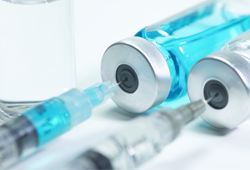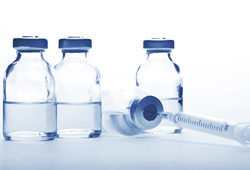On Tuesday, Chris Christie, Governor of New Jersey, signed an automatic substitution bill into law that would allow pharmacists to substitute a biological product that has been determined by FDA to be “interchangeable with” or “therapeutically equivalent to” a prescribed biological product unless the prescriber indicated that there should be…









